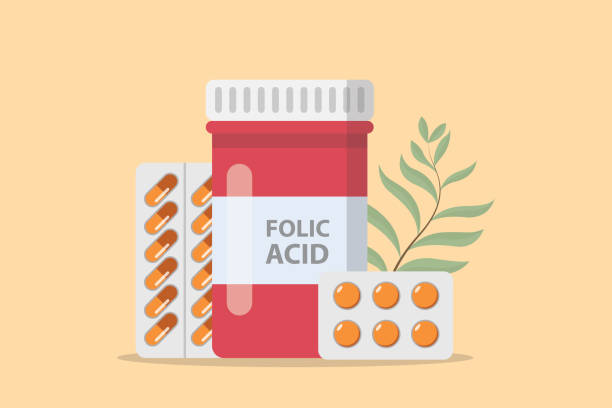The Crucial Role of Folic Acid in Birth Defect Prevention
Birth defect prevention is a significant concern for expectant parents, healthcare professionals, and society at large. These abnormalities, which can affect the structure or function of a baby’s body, often occur during the early stages of pregnancy, sometimes even before a woman realizes she is pregnant. One vital element in preventing certain birth defects is folic acid.
Birth defects can impact an infant’s organs, limbs, or overall development, and may range from mild to severe. Common examples include heart defects, neural tube defects, cleft lip and palate, and Down Syndrome.
Folic acid, a water-soluble B-vitamin, plays a crucial role in preventing certain birth defects, especially neural tube defects (NTDs).
NTDs occur when the neural tube, which develops into the brain and spinal cord, doesn’t close properly during early pregnancy. This can lead to serious complications such as spina bifida or anencephaly.
Folic acid is essential for DNA synthesis and cell division, particularly during the rapid growth of the fetal neural tube. By ensuring an adequate supply of folic acid, mothers can significantly reduce the risk of NTDs in their babies. It is important to note that the neural tube closes within the first 28 days of pregnancy — often before a woman even knows she is pregnant. Therefore, maintaining sufficient folic acid levels before conception is crucial.
Preventing Birth Defects with Folic Acid:
- Preconception Planning:
Women of childbearing age are encouraged to maintain a healthy diet that includes foods rich in folic acid such as leafy green vegetables, citrus fruits, and fortified cereals. Additionally, healthcare providers recommend a daily folic acid supplement of 400 micrograms for women planning to conceive.
- Early Pregnancy Care
Since many birth defects occur in the earliest stages of pregnancy, it is essential for expectant mothers to continue their folic acid supplementation throughout the first trimester. Regular prenatal care, including folic acid intake, is crucial for a baby’s healthy development.
By prioritizing preconception planning, early pregnancy care, and sufficient folic acid intake, women can take proactive steps toward birth defect prevention. If you are pregnant or planning to conceive, please
schedule a woman’s wellness visit with our dedicated care team to ensure your health and wellness is supported.





